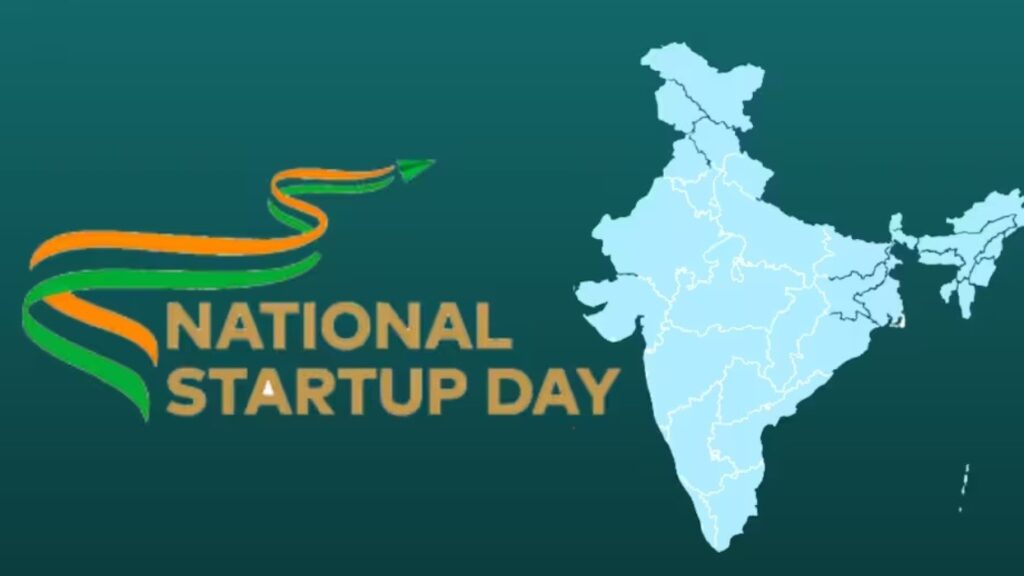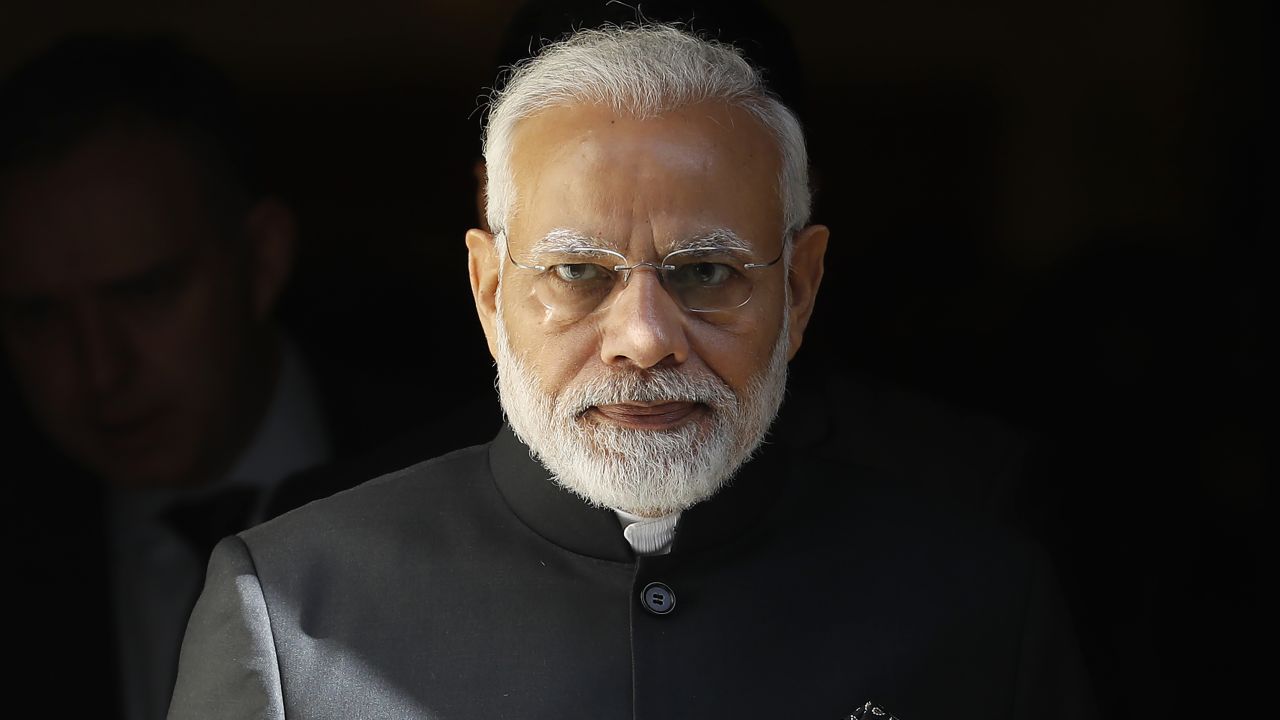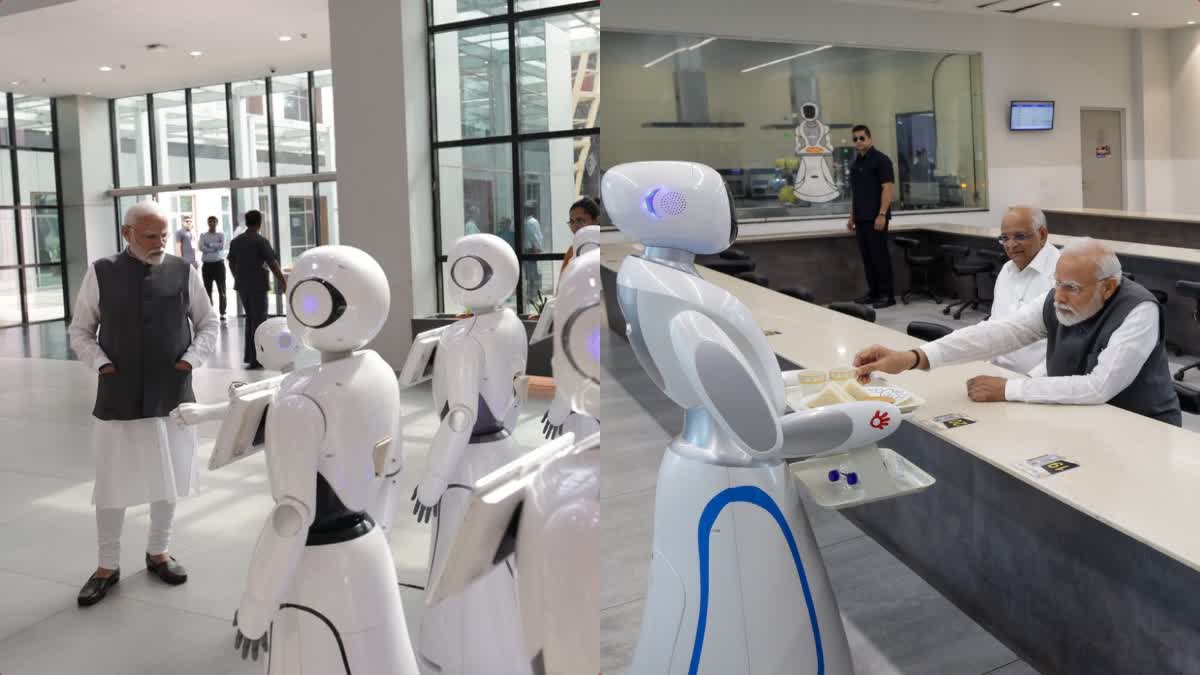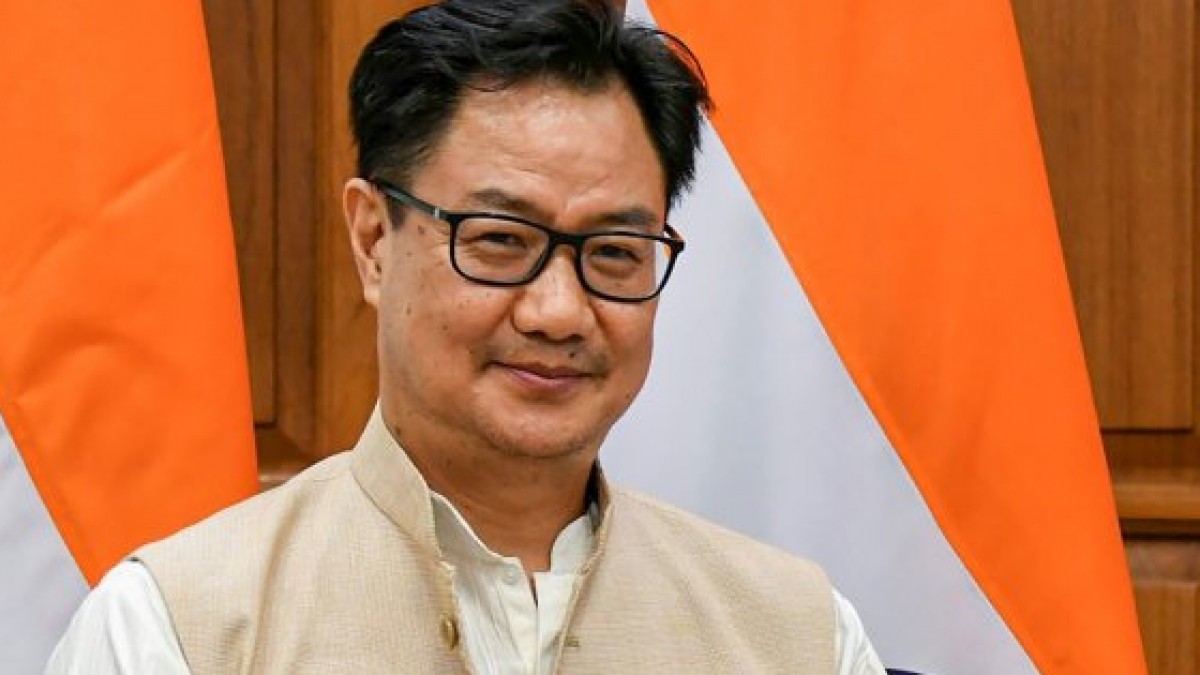
Indian businesses have grown extraordinarily in the last few years, making the nation home to the third-largest startup ecosystem in the world. This success can be attributed in large part to the Indian government’s aggressive efforts to promote entrepreneurship, especially through programs like the Startup India plan. On January 16, as we celebrated National Startup Day, prominent members of the startup community offered their perspectives on the critical role that these new businesses have played in forming India’s future.
Based on data from the InvestIndia website, India reported over 112,718 DPIIT-recognized firms across 763 districts until October 2023, securing its position as the world’s third-largest startup ecosystem. The country ranks second globally in terms of innovation quality. This is ascribed to the caliber of universities and the excellence of scientific publications, with middle-income economies bearing particular attention.
The staggering $42 billion in funding that Indian entrepreneurs drew in 2022—a significant increase from $16 billion the year before—underlines their critical role in the country’s ambition to reach its $5 trillion economy target. Nonetheless, financing for India’s computer industry has drastically decreased this year. In October of last year, Mint stated that despite this, India’s tech ecosystem continues to rank among the best in the world.
What statements did startup industry leaders make?
“In the era of Unbundling of E-commerce, startups play a vital role in creating a level playing field and bringing market access to millions of small businesses led by MSMEs and D2C merchants in the country. They also help in building customers’ trust in merchants online or offline, resulting in a significant acceleration in the trade of goods and services and contributing to India’s objective of achieving a $5 trillion economy by 2028,” said, Nitya Sharma, Founder and CEO, Simpl.
“Empowered by the thriving startup landscape in India and fueled by the incredible growth in the EdTech sector, we at Infinity Learn, envision transforming learners into achievers in competitive exams such as NEET and JEE, contributing not only to individual success but also catalysing India’s ascent as the largest startup ecosystem globally.“


Continuing, “By delivering outcome-based learning at scale, we are not just nurturing academic excellence but also aligning with the government’s vision of Viksit Bharat @2047. As we celebrate 8 remarkable years of the Startup India initiative, we stand committed to expanding our reach to over 50 million learners and setting up 40 offline centers by 2025, playing a pivotal role in shaping the future of education and innovation in our nation,“ said Ujjwal Singh, Founding CEO, Infinity Learn by Sri Chaitanya.
“A key imperative to accelerate India as a global superpower would be the education and employability of our youth. With the government’s determination to move our GER to 50 per cent by 2035, the online education industry has a key role to play. As a leading education technology start-up company, Univo is privileged to play a role in enabling high-quality online higher education, which enables careers and improves lives,“ said, Siddharth Banerjee, CEO of UNIVO Education.
“On this National Startup Day, we celebrate the resolute spirit of continuous evolution and growth that is the soul of India’s startup ecosystem. Earlier, the startup culture that remained limited only to the bigger cities, and some sectors are now blooming in smaller cities across sectors. “
Adding to that, “Despite all the roadblocks, we are optimistic that technological advancements with emerging technology, will pave the way for the workforce of the future. With an enterprising vision, mission, and a goal to leave a mark on the future, the startup ecosystem of India is set to be at the global centre stage. With the right enablers our vibrant and dynamic startups are poised to grow by leaps and bounds,“ said Akshay Munjal, Founder and CEO, Hero Vired.
“We’ve observed that mission-driven founders are proving to be a formidable force in creating lasting change by building these solutions in ways that can unlock meaningful scale of impact over time. Take Rocket Learning, for example, which has partnered with 7 state governments to reach 1.5 Mn+ underserved children with its Whatsapp-powered ed-tech solution. Or APChemi, whose patented pyrolysis technology has enabled the conversion of over 600 MT of non-recyclable plastic waste into sustainable chemicals. Or Intelehealth, whose telemedicine solution has impacted 1 Mn individuals in rural Odisha by partnering with GoI’s e-Sanjeevani platform,“ Alankrita Khera, Director – ACT, a venture philanthropy platform, said.
“These early proof points demonstrate the potential such startups have to rapidly gain critical mass and, over time, potentially become India’s first generation of social unicorns,“ she added.

































































































































































































































































































































































































































































































































































































































































































































































































